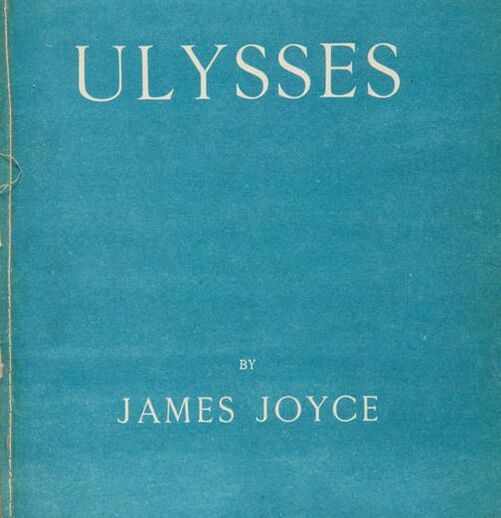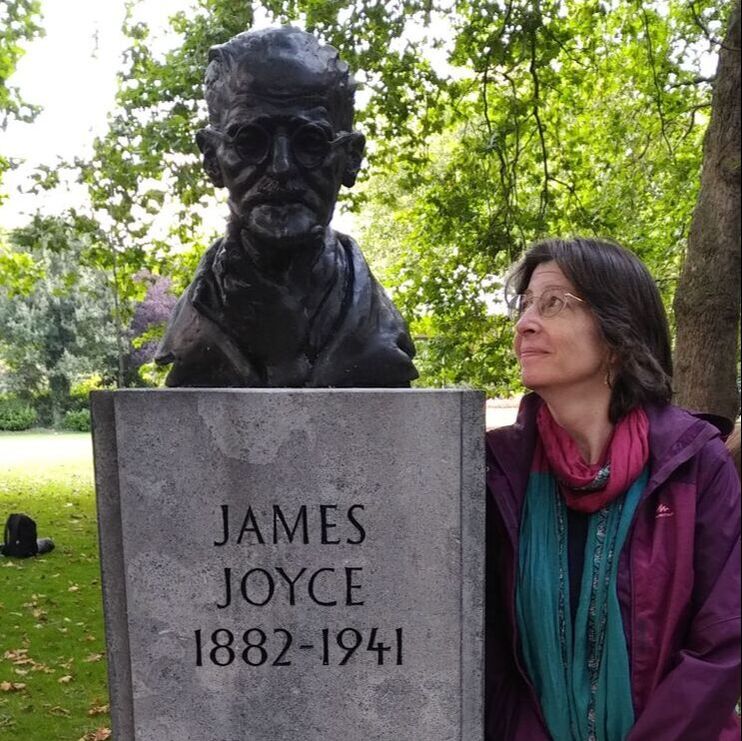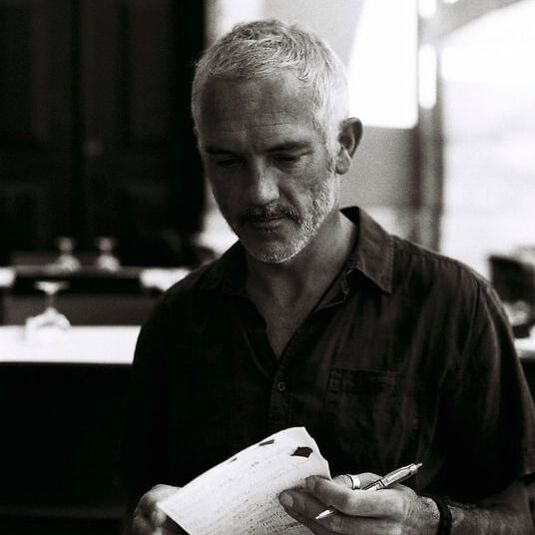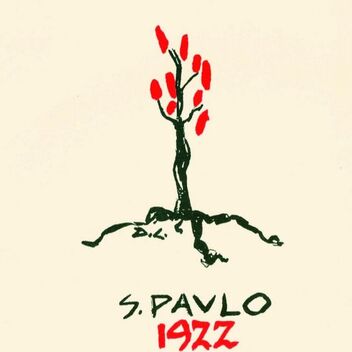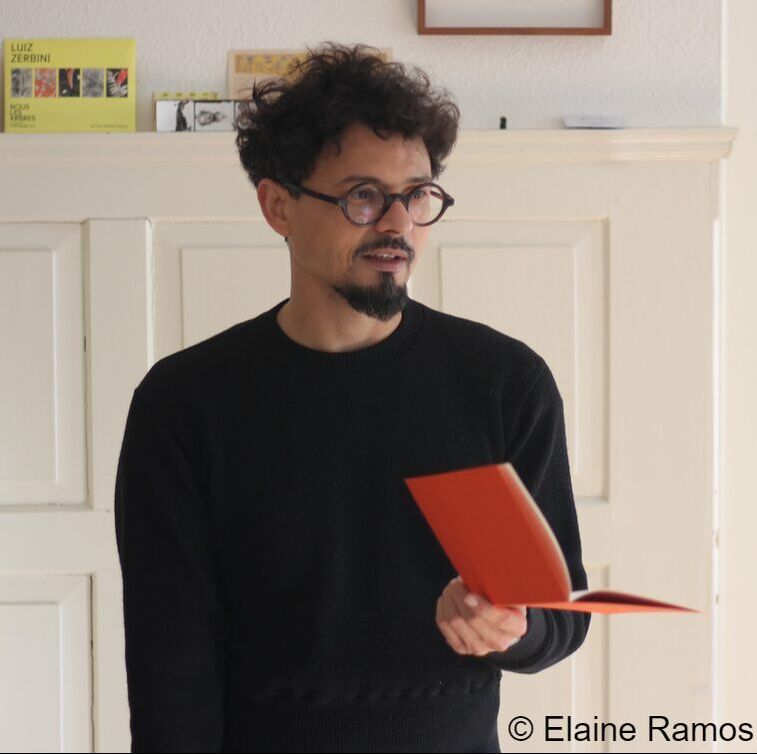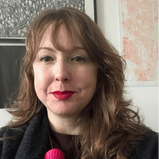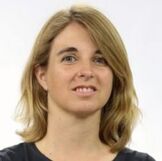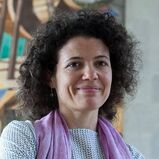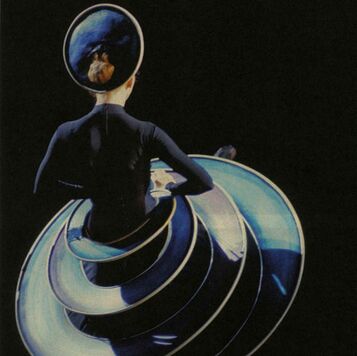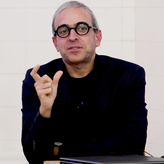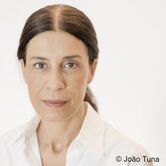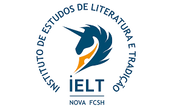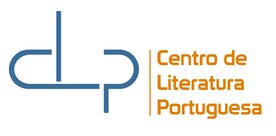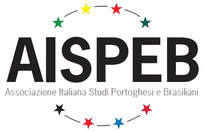|
Celebrating Ulysses at 100 15 December - 4:30 pm This round table intends to explore and discuss some of the features that concurred to make Ulysses by James Joyce one of the most influential novels of the last century (and beyond). Particular attention will be given to the “material” aspects of the text not merely in terms of its publication which, as it is known, is an odyssey in itself, but also in the way the novel responds to contemporary technological developments in the field of communication. Marianna Gula
Assistant Professor in the Department of British Studies, University of Debrecen, Hungary, teaches courses in Irish culture, literature, and film. Her academic interests include Joyce studies, memory studies (especially in the context of post-Agreement Northern Irish fiction and film) and literary (re)translation. She is author of the monograph A Tale of a Pub: Re-Reading the “Cyclops” Episode of James Joyce’s Ulysses in the Context of Irish Cultural Nationalism (2012) and her articles on Joyce have appeared in the Irish University Review, European Joyce Studies (most recently in the volume, Retranslating Joyce for the 21st Century, 2020), Papers on Joyce, and in edited collections, like Parallaxing Joyce (2017). She was a member of the translator team reworking the canonical Hungarian translation of Joyce’s Ulysses (2012, 2nd edition 2021), served as the Hungarian representative for the European Federation of Associations and Centres of Irish Studies (EFACIS) between 2013-19, and is the associate editor of the Scopus-indexed Hungarian Journal of English and American Studies. She is currently writing a book on Joyce’s Ulysses in Hungarian (re)translations. Bartholomew Ryan
Philosopher, musician, and researcher of CultureLab at IFILNOVA, Universidade Nova de Lisboa. He was coordinator of CultureLab in 2017-2022 and is currently the coordinator of the research group ‘Forms of Life and Practices of Philosophy’. He has published various books and essays interpenetrating philosophy and literature, the most recent book being Fernando Pessoa and Philosophy: Countless Lives Inhabit Us (co-editor, 2021); and he is the author of Kierkegaard Indirect Politics: Interludes with Lukács, Schmitt, Benjamin and Adorno (Brill, 2014). He is currently the invited editor for ABEI Journal for a special edition on James Joyce to be published in 2022; and is now writing a book on Joyce and philosophy for Oxford University Press. He has taught at universities in Brazil, Berlin, Oxford, Aarhus, Dublin, Lisbon and Bishkek. In music, he released a solo album called Jabuti (under the name Loafing Hero) in 2022; leads the international band The Loafing Heroes (six albums released in 2009-2019); and is a member of the experimental audio formation Headfoot. Annalisa Volpone (convenor)
Associate Professor of English Literature at the University of Perugia and co-director of the CEMS (Centre for European Modernism Studies). She has written on modernism, postmodernism (James Joyce, Virginia Woolf, Vladimir Nabokov and Derek Walcott) and on eighteenth and nineteenth century British literature (Mary Wollstonecraft, William Blake, S. T. Coleridge, P. B. Shelley and Mary Shelley). Her research interests include the interconnections between literature and science, literature and law and posthumanism. |
The modern art week of
S. Paulo (1922): Undoing myths with documents 16 December - 6 pm The round table dedicated to the Week of 22 in São Paulo will be a moment to question Brazilian modernism both within and beyond this mythical week (in both its literary and artistic aspects). Following the theme of the conference, we will debate both the consolidated narratives about the Week of 22 and alternative readings to the mythification of the Week of Modern Art as the initial moment of modernism in Brazil, through a problematising reading of specific works (either documentary or visual). Eduardo Jorge de Oliveira
Professor of Brazilian Studies (literature, culture, media) at the Seminar of Romance Studies of the University of Zurich (UZH). He is the author of A invenção de uma pele. Nuno Ramos em obras (Iluminuras, São Paulo, 2018), Signo, sigilo. Mira Schendel e a escrita da vivência imediata (Lumme Editor, 2019) also published in Germany under the title Beschweigen, Bezeichnen. Mira Schendel und die Schrift unmittelbaren Erlebens (Trad. Melanie Strasser, Diaphanes, 2020). He edited the book Antropofagias! on Oswald de Andrade (Peter Lang, 2020), and Poesia-Crítica-Tradução (“Poetry-Criticism-Translation”) on Haroldo de Campos (Peter Lang, 2022). He also participated in the first monographic book about Solange Pessoa (Circle Books, 2020), Brazilian artist exhibited in Reclaim the Earth. In Brazil, he directs the collection of essays “Peles Inventadas”, at Relicário Edições. Clara Rowland
Associate Professor at the Department of Portuguese Studies at NOVA FCSH since 2016. Researcher at the Center for Comparative Studies at FL-UL and at the Institute for Literature and Tradition Studies at NOVA FCSH. She works in the areas of Brazilian Literature, Comparative Literature and Inter-arts Studies. Professor at the Faculty of Arts of the University of Lisbon, where she directed the Master's and the FCT International Doctoral Program in Comparative Studies and was responsible for the creation and first direction of the Master's Degree in Brazilian Studies (FL-UL and ICS-UL) between 2003 and 2016. Between 2012 and 2016, she was the coordinator of the FCT Falso Movimento project – studies on writing and cinema, in the context of which she edited, with José Bértolo, A escrita do Cinema: Ensaios (Documenta, 2015) and, with Tom Conley, Falso Movimento: ensaios sobre escrita e cinema (Cotovia, 2016). Her publications in the field of Brazilian Studies include essays on Guimarães Rosa, Clarice Lispector, Bernardo Carvalho and Carlos Drummond de Andrade, among others. Her book The Shape of the Middle. Book and Narration in the work of João Guimarães Rosa was published in 2011 by Unicamp (Brazil). Between 2013 and 2015, she was a member of the Delegate Assembly of the Modern Language Association of America. Cristiana Tejo
Art historian with a self-taught initial training. Based in Recife, she came into contact with the history of hegemonic art on study trips to Europe since the age of eighteen. From the Northeast of Brazil, learned to politicize and question the construction of the gaze and its legitimating agents. Interested in researching art history from the decolonial and feminist perspectives, as well as their blind spots. Currently researching the relationship between women artists and experimental artistic and pedagogical practices in Latin America (within the scope of the ARE project – Artists and Radical Education in Latin America (1960's-1970's), coordinated by Giulia Lamoni) and the transits of agents, artistic codes and exhibitions between Brazil and Portugal in the period from 1940 to 1985. Mariana Pinto dos Santos (convenor)
Holds a PhD in History and Theory, Univ. Barcelona, is an art historian and independent curator. She is a researcher at the Art History Institute at NOVA FCSH (Lisbon) and teaches at NOVA University of Lisbon, and at University of Coimbra. Her research is focused on modernity and modernisms, the circulation of the avant-garde, historiography and theory of art, and twentieth-century Portuguese art and politics. She is co-editor of The Primitivist Imaginary in Iberian and Transatlantic Modernisms (Routledge, 2023) and A Cultural History of The Avant-Garde in The Iberian Peninsula (Brill, 2025). She has been co-owner and editor at Edições do Saguão since 2017. |
Modernisms in motion 17 December - 6 pm The reconfiguration of the body is not one of the more frequent topics in the discussions on Modernism. Nevertheless, the rethinking of the relation between body and machine, the diverse approaches to gender identities, the idea of a metamorphic body and the paradoxes of the double cross artistic practices, from painting to photography, from cinema to dance. The aim of this round table is to understand the multiplicity of this complex and contradictory performative versions of the body and contribute to a better understanding of its eventual consequences. Sarah Burkhalter
Holds a PhD in art history, is a member of the board of directors at the Swiss Institute for Art Research (SIK-ISEA) and head of its Antenne romande in French- speaking Switzerland. She studied at New York University and at the University of Geneva, where she was an SNSF research fellow (2008–2011) and taught history of art and dance from the 19 th to the 21 st century. She is co-director of publications and research projects on art in Switzerland from the 1800s to the 2000s at SIK-ISEA, where she has organised numerous academic conferences, including on synaesthesia, John Berger's critical thinking, and gender inclusiveness in artistic careers. In parallel, she has co-edited two volumes with Laurence Schmidlin (PhD), Spacescapes. Dance and Drawing since 1962 (Zurich: JRP Ringier, 2017) and The Postcard Dialogues. Mélanges à Dario Gamboni (Lausanne/Geneva: art&fiction, 2020). She is also a member of the scientific committee of the Chorégraphies research programme at the Institut national d’histoire de l’art (INHA, Paris). Maria José Fazenda
Professor at the Escola Superior de Dança - Instituto Politécnico de Lisboa (Lisbon Polytechnic’s Higher School of Dance) and Researcher at CRIA - Centre for Research in Anthropology. PhD in Anthropology from ISCTE-Instituto Universitário de Lisboa. Graduated in Anthropology and Master´s in Social and Cultural Anthropology and Sociology of Culture from the Faculty of Social and Human Sciences of Universidade Nova de Lisboa. She completed the Dance Course at the National Conservatory Dance School, where she was also a teacher of Classical Dance Technique. She worked as a dance critic for the Público newspaper. She edited the bilingual book Present Movements: Aspects of Independent Dance in Portugal (Cotovia and Danças na Cidade, 1997), and is author of the books Dança Teatral: Ideias, Experiências, Ações - 2nd revised and updated edition (Colibri, 2012 [Celta, 2007]) and Da Vida da Obra Coreográfica (Imprensa Nacional, 2018). Luís Umbelino
Core Research on French reflexive tradition, especially on Maine de Biran and his influences, on contemporary phenomenology of the body and of space, and on philosophical hermeneutics. Member of the Portuguese I&D Research Unit CECH-FLUC/Portugal and of the Spanish research project “Fenomenología del cuerpo y análisis del gozo II”. Aside from being the editor-in-chief of the Revista Filosófica de Coimbra, is the author respectively the co-author, of Somatologia Subjetiva. Apercepção de Si e Corpo em Maine de Biran (2010); Memorabilia. O Lado Espacial da Memória (2020); Hermeneutic Rationality (2012) and Corps emú. Essais de philosophie biranienne (2020). Delfim Sardo (convenor)
Born in Aveiro in 1962. Doctorate in Contemporary Art, he is a professor at the College of Arts and the Faculty of Arts of the University of Coimbra where he coordinates the Master in Curatorial Studies. Since 1990, he has dedicated himself to curating contemporary art, as well as to essays on art. He was the General Commissioner of the Lisbon Architecture Triennale 2010, Director of the Centro Cultural de Belém Exhibition Center and consultant of the Calouste Gulbenkian Foundation. He was founder and director of Pangloss magazine. He was the Commissioner of the Portuguese Representation at the 48th Venice Biennale and co-Commissioner of the Portuguese Representation at the 2010 Venice Biennale of Architecture. In the field of publications, the following stand out: Julião Sarmento, Catalog Raisonée, Edições Numeradas, Vol. MEIAC, 2007), Luxury Bound (Electa, Milan, and Assírio & Alvim, Lisbon, 1999), Jorge Molder (Caminho, Lisboa, 2005), Helena Almeida, Feet on the Floor, Head in the Sky (Bial, 2004), Painting Redux (Serralves / Público Foundation, 2006), Open the Box (Caixa Geral de Depósitos, 2009) and A Visão em Apneia (Babel, Lisbon, 2011). He collaborates regularly as an essayist for publications on art and architecture. |
Organization
Sponsors
This work is financed by national funds through FCT – Foundation for Science and Technology under projects UIDB/00417/2020, UIDB/00657/2020, UIDB/04042/2020, and UIDB/00759/2020.
Main image credits: Zentrum Paul Klee - www.zpk.org
Main image credits: Zentrum Paul Klee - www.zpk.org
